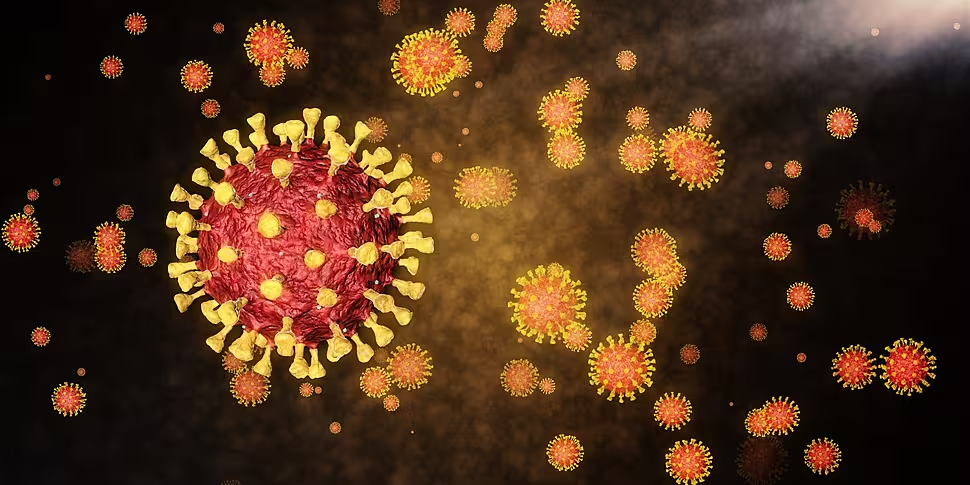An immunologist says questions still need to be answered on a new strain of COVID-19.
The B.1.1.529 variant has been found in Belgium - the first case detected in Europe.
It involved an unvaccinated person who had travelled from abroad, and developed symptoms and tested positive on November 22nd.
The new variant was detected in Hong Kong in a passenger from South Africa who was fully vaccinated - authorities there notified the South African authorities.
Ireland is to apply an EU 'emergency brake' system to several African countries, in response to the new variant.
While the Department of Justice is updating visa requirements for the countries affected, and the Department of Foreign Affairs has changed its travel advisory to 'avoid non-essential travel'.
Irish residents returning home from these areas will be required to undergo "strict home quarantine" - regardless of any vaccine/recovery/test status - and also undergo PCR testing during quarantine.
In a statement, the Government says Mandatory Hotel Quarantine options "are being examined on a contingency basis".
Paul Moynagh is professor of immunology and director of the Kathleen Lonsdale Institute for Human Health Research at Maynooth University.
He explained to The Hard Shoulder what makes this variant different.
"There are a number of mutations associated with its spike protein.
"So the spike protein is that protein that projects on the exterior of the virus.
"The reason that's of interest [is] two-fold: that is the protein that is used by the virus to infect ourselves.
"And the second bit is the spike protein is actually what we use in the vaccine.
"We can deliver it in different means... but that is what we tend to generate an immune response against, and it gives us protection in terms of the vaccine."
'May evade some part of the immune response'
The mutation has been detected so far in South Africa, Botswana, Hong Kong and Belgium - among others.
But Prof Moynagh says we need to know more about it.
"There are 30 mutations in this protein - to give you a sense of the size, there's about 13,000 amino acids in that protein: so 30 of them have changed.
"The concern may be that though some of those mutations have been seen in previous variants, they tend to be associated with variants that infect cells better and may evade some part of the immune response - not all parts.
"In South Africa, if you look at the proportion of cases that is accounted for by this variant, it's quite high and it's grown very quickly".
However he adds that this projection is coming from a low base of cases and " it remains to be seen how such a variant would survive and compete, for example, in a situation like our own.
"So far we're trying to make these implications, but it has to be definitively shown that it transmits better and that it can evade some part of our immune response".









